"For us, two things were very important: firstly, to ensure that our money from the European Union is not sent to Ukraine [...] Secondly, that every year there is a kind of review mechanism to see how the Ukrainian side spends the money. So now the Commission will prepare a report annually, and based on the report the Council will issue guidelines," Hungarian Minister of Foreign Affairs and Trade Peter Szijjarto said on the television program Terzake on Belgium’s public broadcaster VRT. In response to Jan Balliauw's remark that no proposal had been tabled that funds Hungary was entitled to should be given to Ukraine, the foreign minister pointed out,
if as a member state you do not receive the funds you are entitled to and there is a need to support an external partner financially, the a suspicion arises that the money you should receive but do not get might go to the third side. However, we have received guarantees that this will not happen.
Hungary firmly refuses arms supply to Ukraine
For Hungary, it was of utmost importance that "the European Union does not finance arms transfers with our involvement," Peter Szijjarto said. He added: "It is very clear now that the money we are now sending to the Ukrainians will be spent on running the state itself, covering social and other expenses, and not on arms supplies." The minister underlined that
we are one of the few EU countries that do not supply weapons to Ukraine and we have no plans to change this policy, and we will inist on not transfering arms in the future.
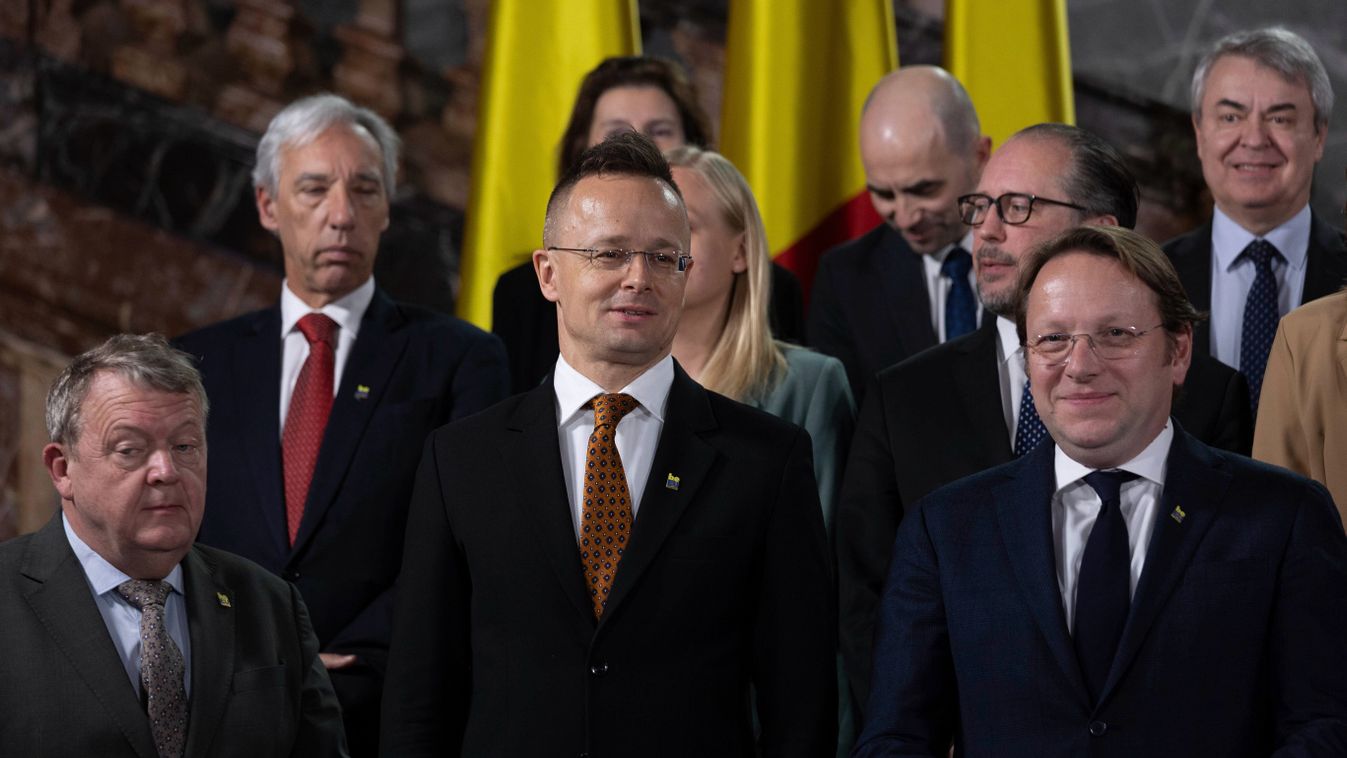
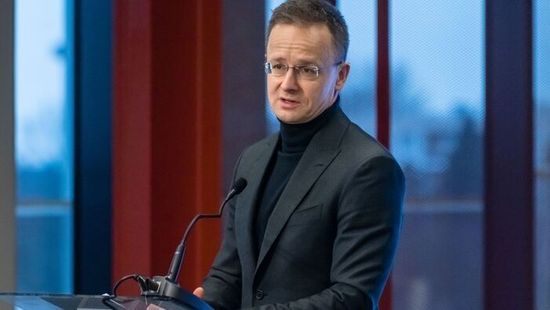
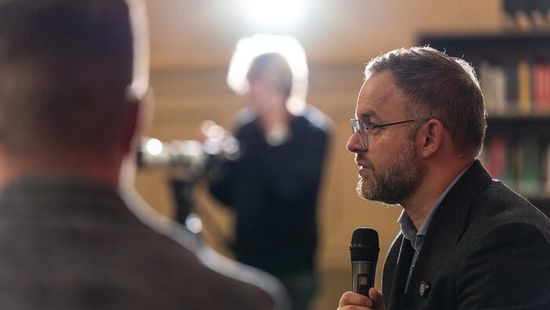
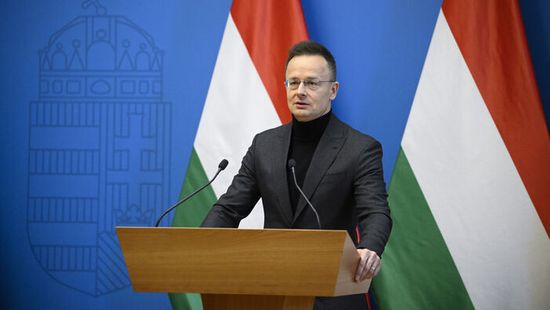
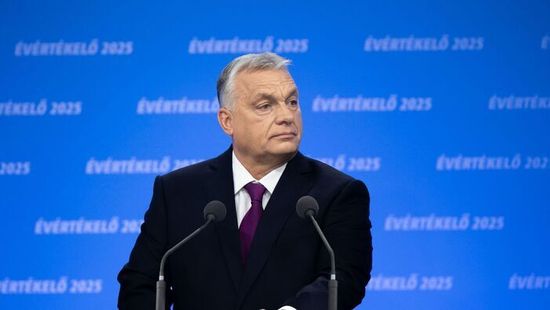

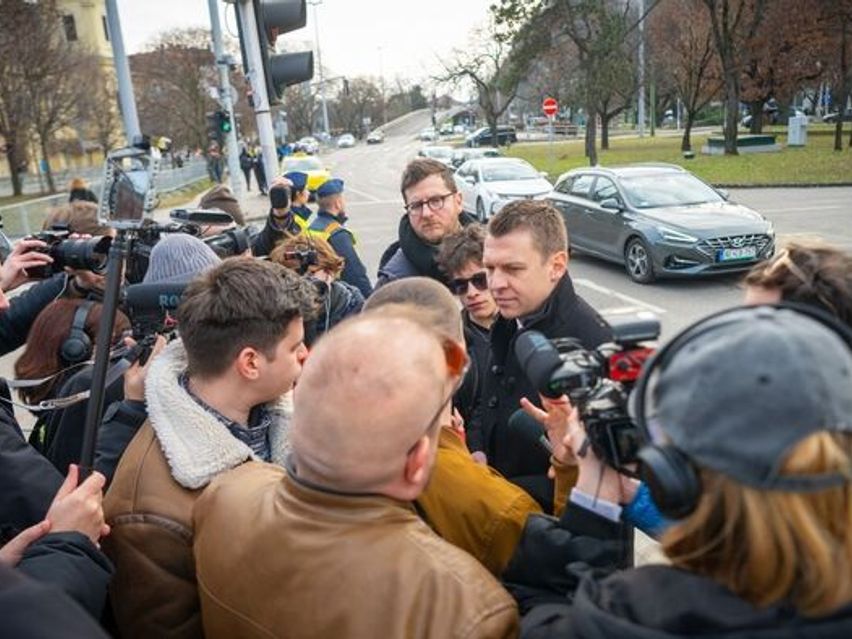
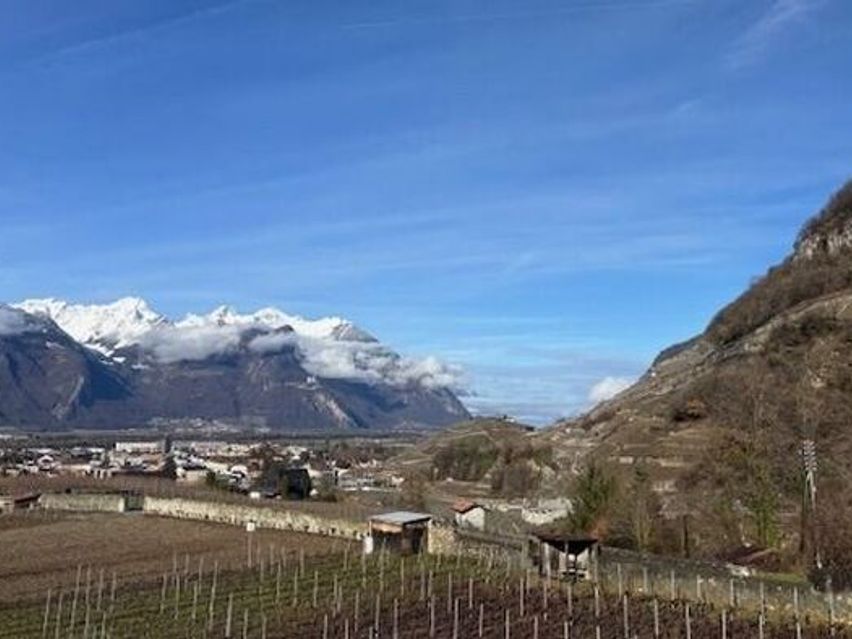
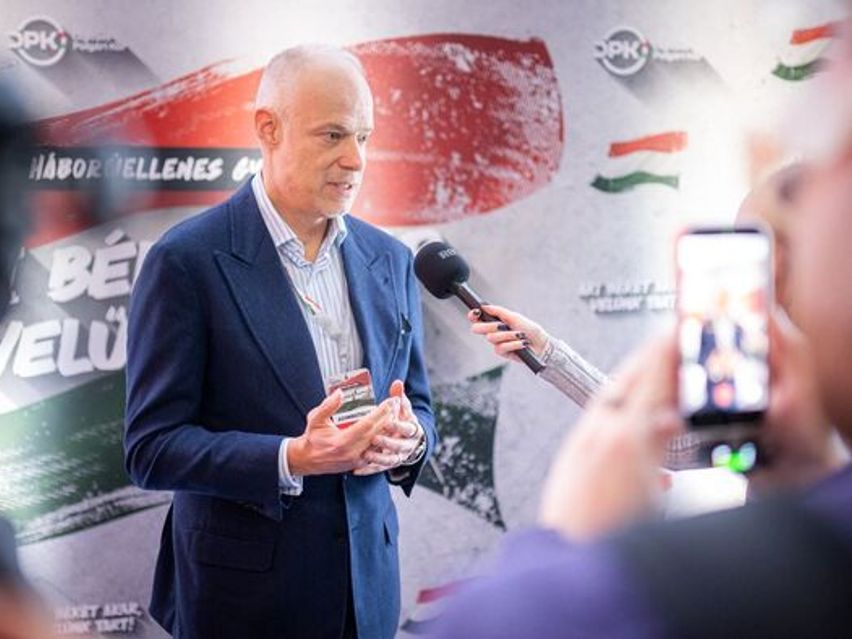
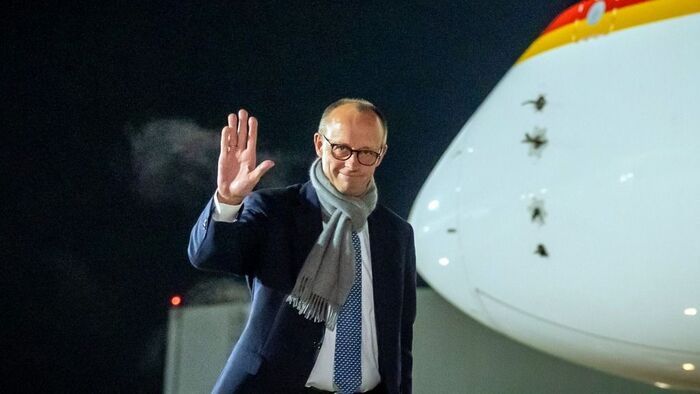

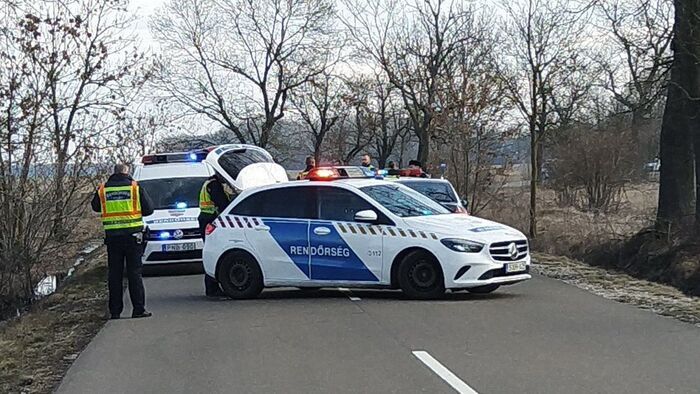
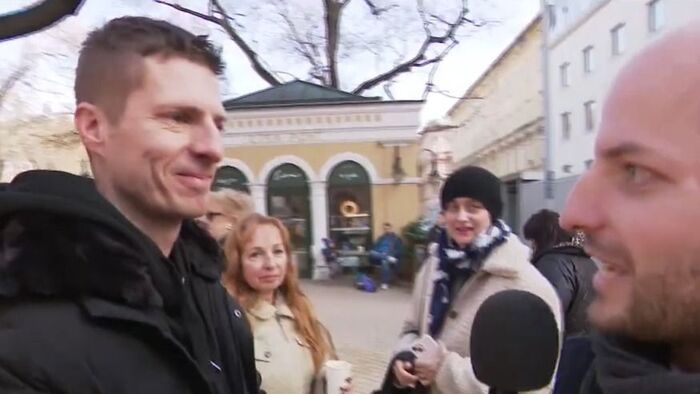
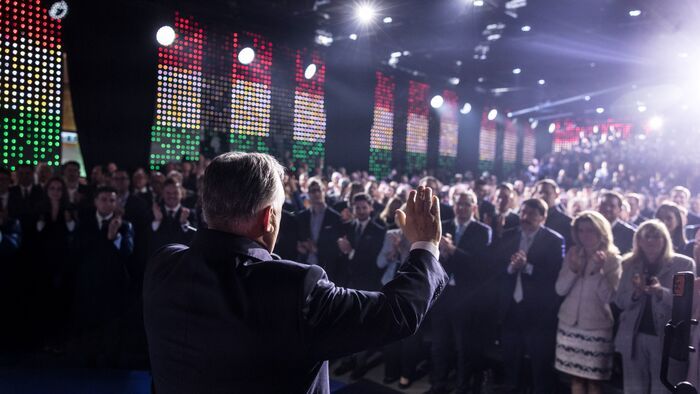
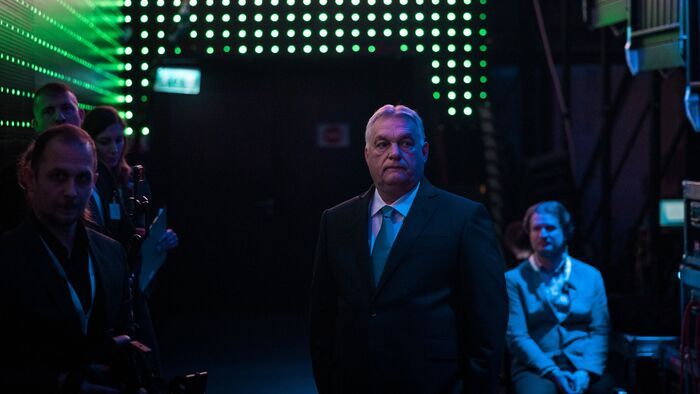
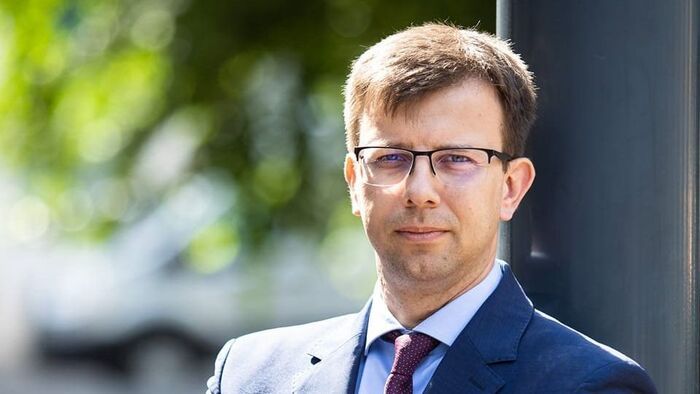
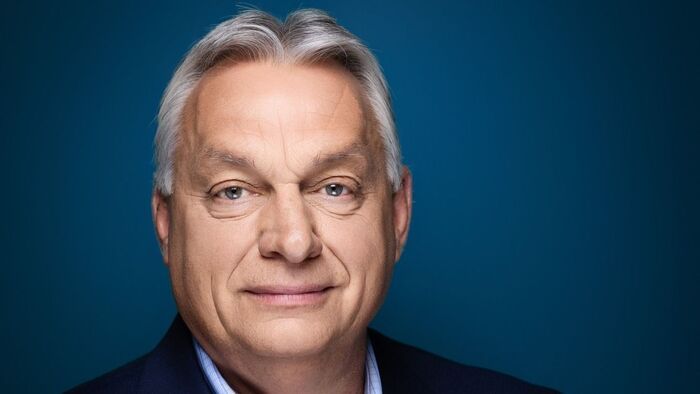
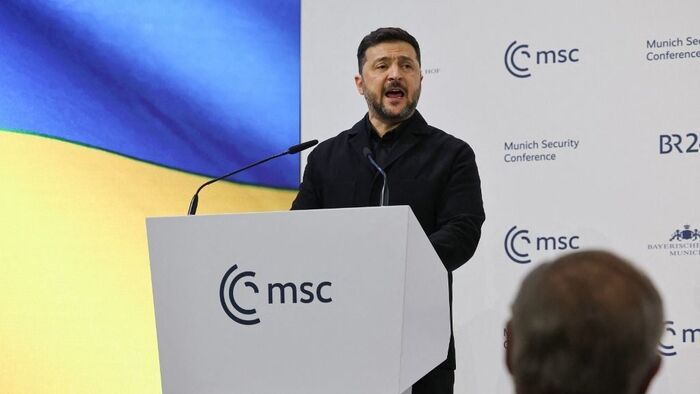


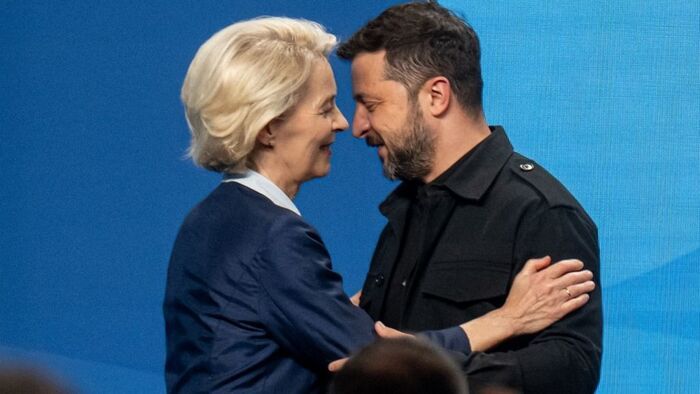
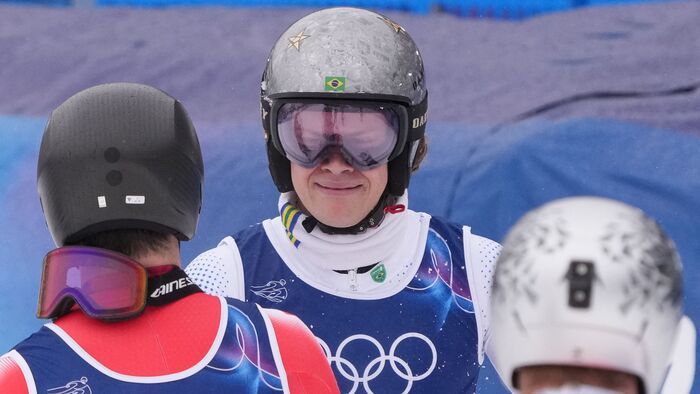

Szóljon hozzá!
Jelenleg csak a hozzászólások egy kis részét látja. Hozzászóláshoz és a további kommentek megtekintéséhez lépjen be, vagy regisztráljon!